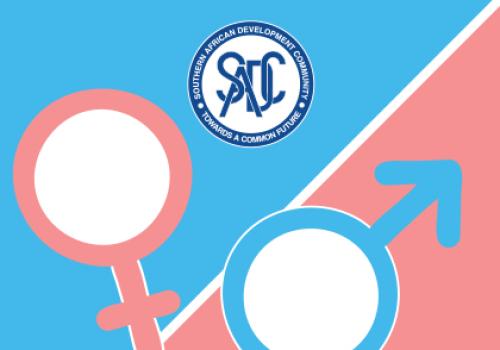Gender equality under the Southern African Development Community’s (SADC) Regional Indicative Strategic Development Plan (RISDP 2020-2030) is important for the successful implementation of regional integration.
This is because SADC recognises gender equality as a fundamental human right and an integral part of regional integration, economic growth and social development.
SADC is committed to removing all forms of gender inequalities at the regional and national levels through a series of goals and actions derived from legally binding international, continental and regional instruments.
Gender equality plays a pivotal role in the socio-economic transformation of the SADC Region, along with sustained peace and security, and is one of the issues that cut right across each of the three pillars on Industrial Development and Market Integration, Infrastructure Development in Support of Regional Integration, and Social and Human Capital Development, as well as the foundational pillar on Peace, Security, and Good Governance.
Gender equality is central to ensuring that the formulation, deliberation, adoption, and implementation of regional protocols, strategies, policies, and programmes, underpinned by critical existing instruments such as the Protocol on Gender and Development and the Regional Strategy for Development of Statistics, are undertaken in a manner that does not marginalise sections of SADC’s population.
The RISDP 2020–2030 aims to enhance gender equality as well as women’s empowerment and development, and elimination of gender-based violence. This will result in increased participation of women in regional development and enhanced equal access to opportunities and gender parity.
Key interventions include accelerating the implementation of prioritised areas of the Protocol on Gender and Development, implementing policies on equal access to benefits from development resources, services, and opportunities, strengthening of leadership skills of young women, and creation of a cadre of transformative young women leaders, and the promotion of women in leadership in political and decision-making for the attainment of gender parity.
SADC is strengthening gender mainstreaming at both national and regional levels through the domestication of the Protocol on Gender and Development as a measure to ensure promotion of women’s empowerment. A monitoring, evaluation, and reporting system to ensure effective gender mainstreaming is being fully integrated into the SADC Monitoring, Evaluation, and Reporting System.

